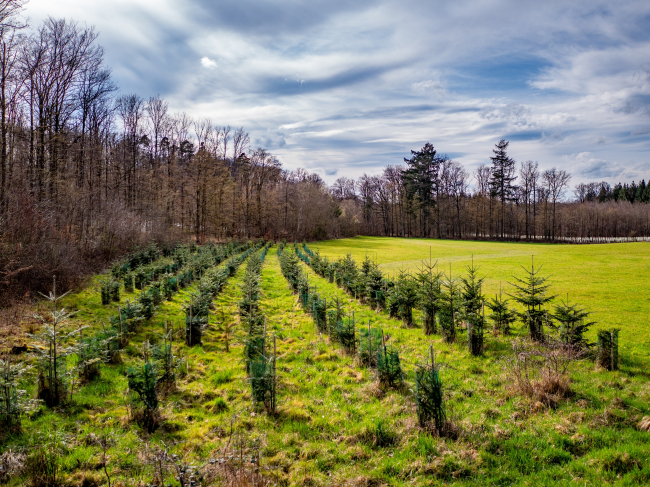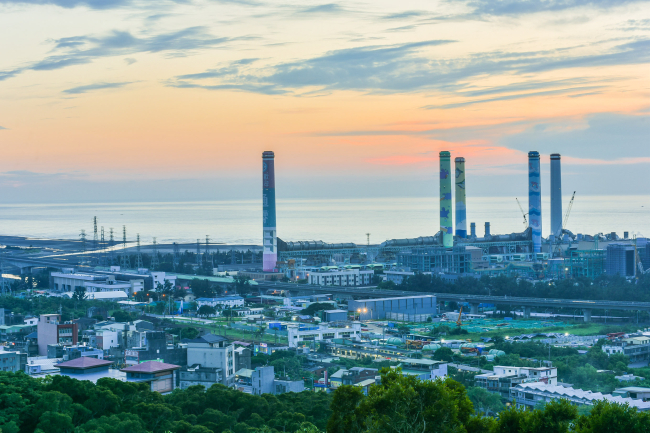OPEC: It Is about More Oil - Not Quotas

OPEC has certainly gone out of its way to show how little relevance it has in today’s oil market. It has successfully imported all the political rhetoric and malaise of some of its most unstable members.
To be dictated by the Bolivarian Revolution from Caracas or revolutionary light Ecuador is already bad enough. But combining that with the objections of some obscure Libyan functionary and a stand-in for lack of an Iranian oil minister as Chairman of the meeting is pretty much a formula for disaster. We have not been disappointed.
OPEC’s own analysis points to a tightening market through the year and a need for more oil, but too many of OPEC’s members are production constrained or cash short and need every dollar they can get for every barrel. As any cartel manager must know, the ability to remain in a position of strength in a commodity market is a function of not driving customers out of the market. There is in fact a price elasticity of demand for transportation fuels. There are ways to substitute alternative fuels into transportation. Many are reviewing the potential of CNG to contribute to transport given the surge in available gas - and its liquids.
OPEC refused to adjust upwards its quotas. Who cares? Its quotas have been meaningless for some time it is production that counts and all the price hawks are producing their maximum. Libya is applauded for having succeeded in retaining its quota. So what? When Libya calms one of these days, whoever is running the place will ramp up production as fast as they can because a lot of damage has been done to that country and its people - without regard for any quota.
Why should anyone care about quotas? Iraq plans to exceed its quota as soon as it can and will probably claim the right to catch up for years of lost production. Angola will soon bust its quota as will Nigeria. OPEC quotas have always been intended to restrain the other guy.
The real result of the meeting is that everyone will continue to produce all they can and those with surplus capacity will produce more. That is a pretty good outcome which everyone but the market should be able to realize. Wait for the buzz in the market to pass.
As pressure builds in consuming counties to respond to high prices, out of concern for developing countries, sluggish economic recovery and co-incidentally, political pressure before elections - the idea of taking matters into ones hands comes immediately to mind. Congressman Markey wasted hardly a minute to call for US SPR release. In the last Presidential campaign there were calls for use of the SPR and 8 years before President Clinton used the SPR to help Al Gore’s Presidential campaign. Students of the market will remember that using strategic stocks for market manipulation did not work then, nor did it have the desired political result.
The issue is the need for incremental oil. Surplus capacity producers are stepping up to the plate. Hopefully consuming countries won't do anything with strategic stocks that will discourage them.

Available in:
Regions and themes
Share
Related centers and programs
Discover our other research centers and programsFind out more
Discover all our analysesEurope’s Black Mass Evasion: From Black Box to Strategic Recycling
EV batteries recycling is a building block for boosting the European Union (EU)’s strategic autonomy in the field of critical raw minerals (CRM) value chains. Yet, recent evolutions in the European EV value chain, marked by cancellations or postponements of projects, are raising the alarm on the prospects of the battery recycling industry in Europe.

The New Geopolitics of Energy
Following the dramatic floods in Valencia, and as COP29 opens in Baku, climate change is forcing us to closely reexamine the pace—and the stumbling blocks—of the energy transition.
Can carbon markets make a breakthrough at COP29?
Voluntary carbon markets (VCMs) have a strong potential, notably to help bridge the climate finance gap, especially for Africa.
Taiwan's Energy Supply: The Achilles Heel of National Security
Making Taiwan a “dead island” through “a blockade” and “disruption of energy supplies” leading to an “economic collapse.” This is how Colonel Zhang Chi of the People’s Liberation Army and professor at the National Defense University in Beijing described the objective of the Chinese military exercises in May 2024, following the inauguration of Taiwan’s new president, Lai Ching-te. Similar to the exercises that took place after Nancy Pelosi’s visit to Taipei in August 2022, China designated exercise zones facing Taiwan’s main ports, effectively simulating a military embargo on Taiwan. These maneuvers illustrate Beijing’s growing pressure on the island, which it aims to conquer, and push Taiwan to question its resilience capacity.










